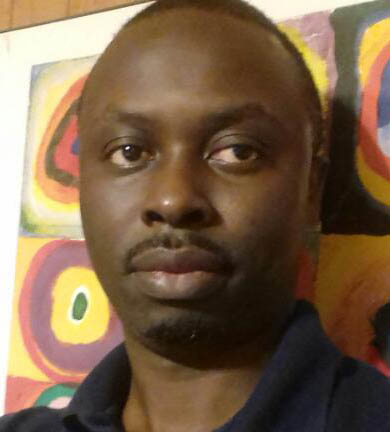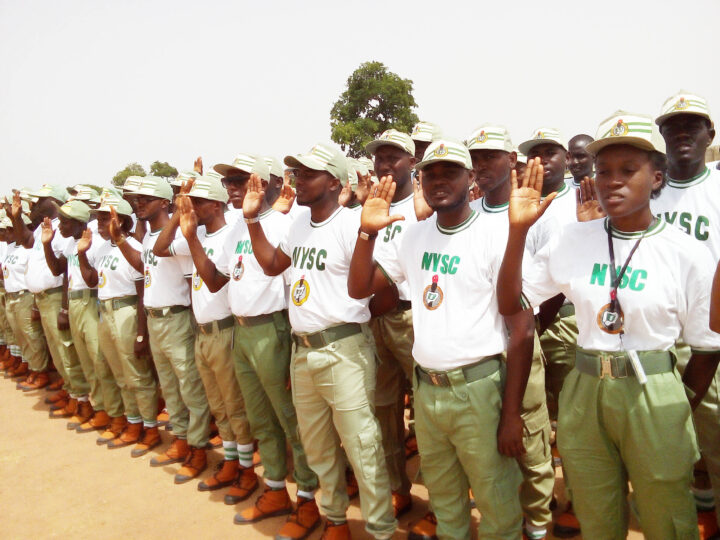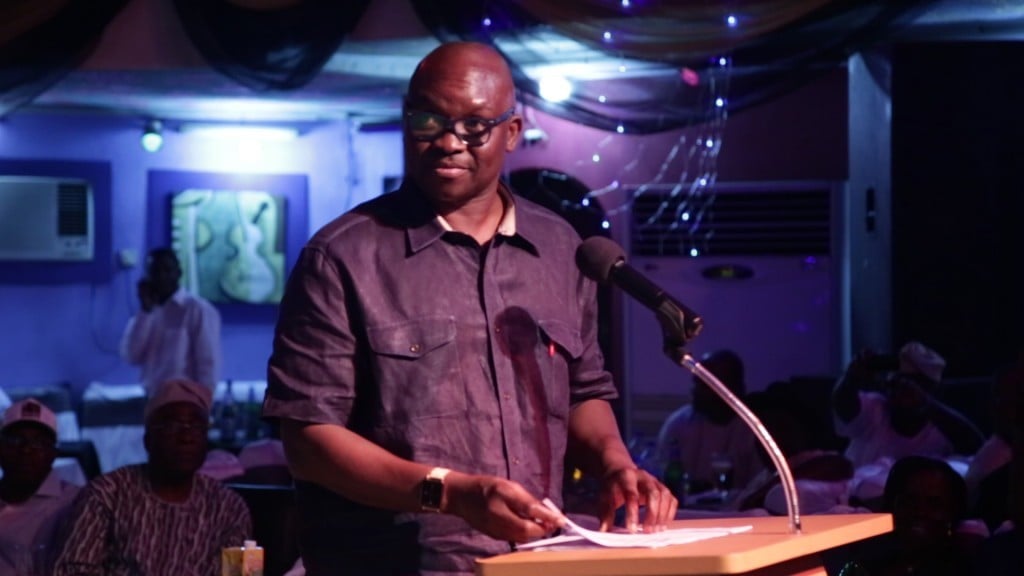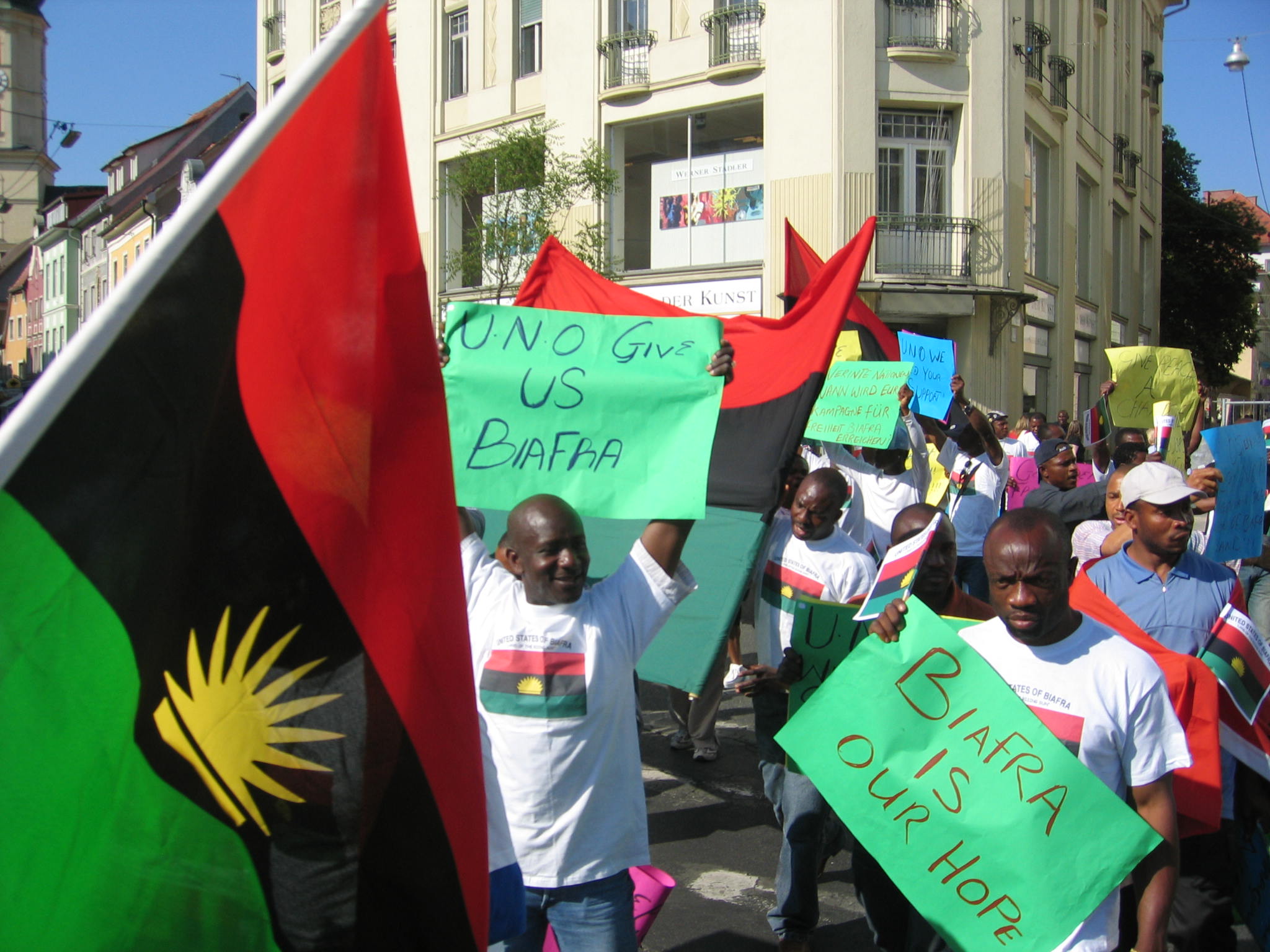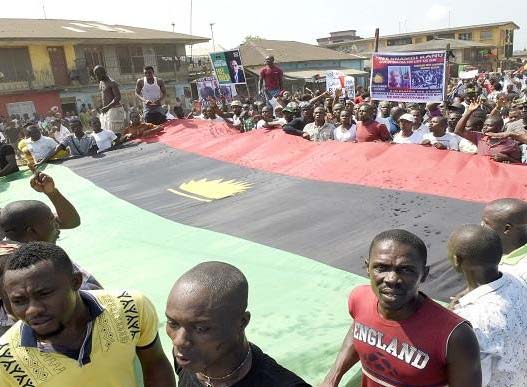To lift millions out of poverty and creates a pathway to prosperity for its citizens, the government of Nigeria has tried and failed for four decades.
Income inequality continues to be the partition between poverty and prosperity in Nigeria, where unemployment rate shows disparity with plenty and possibilities of a nation. It’s a paradox.
Though the slump in oil prices in recent months has impacted greatly on Nigeria, making its economy to totter, there’s a widening gulf between the rich and the poor.
According to The Economist, official poverty and unemployment statistics for Nigeria can make bleak reading, even when compared with similar data from less wealthy countries in sub-Saharan Africa.
Advertisement
Based on fact file from Nigeria’s National Bureau of Statistics, Nigeria’s population reached about 167 million people in 2012.
The current government has not shown enthusiasm in conducting population census that helps the country to plan for its future.
The apathy may have less to do with the controversy that has dogged the conduct of the census and its figures in the past. The government’s non-committal may have been a dictate of the financial meltdown that Nigeria is facing.
Advertisement
But Nigeria is due for its census, after the last one conducted in 2006.
Nigeria’s National Population Commission (NPoC, 2013) record states that about half of the population is made up of youth, defined as individuals between 15 and 34 years of age.
That falls within the demography of the working population for Nigeria indicated as 15-64 years old in its country profile.
But this demography, Nigeria’s latest data suggests is facing social deprivation.
Advertisement
For instance, the most recent NBC statistics reveals that that the number of underemployed in the Nigerian labour force increased by 1.21 million or 9.16%, resulting in an increase in the underemployment rate to 18.7% or 14.42 million persons in the fourth quarter of the year 2015.
Nigeria’s foremost online newspaper, TheCable, claims this figure represents at least 1,972,722 Nigerians without job since Nigerian leader, President Muhammadu Buhari took the oath of office on May 29, 2015.
Further probe into the data revealed that during the same period, the number of unemployed in the labour force, increased by 518,102 persons, resulting in an increase in the national unemployment rate to 10.4% in the fourth quarter of 2015 from 9.9% in the third quarter of the same year 2015 and from 8.2% in the second quarter. This means there were a total of 22.45 million persons in the Nigerian labour force in the last quarter of 2015, which were either unemployed or underemployed compared to 20.7 million in the third quarter and 19.6 million in the second quarter.
What does the statistics says? It means there are more people without economic opportunities to change their standards of living.
Advertisement
Early this month, when the government opened its employment website (N-Power) to take in young people without jobs across the country, the number of hit received by the website was 35 million according to a statement from the office of the Vice President charged with the implementation of the social welfare program.
In the first few hours of its launch a record number of 400,000 Nigerians registered for different jobs successfully before the website crashed under pressure.
Advertisement
To start, Let’s consider the pressure being faced by Nigerians without jobs as evidenced in the crashed of the N-power website just on day one when it was launched and the staggering number of applicants who managed to register for jobs around the same time.
And this, in May, the Police Service Commission (PSC) received 911,438 applications for its advertised 10,000 police jobs. These instances have been laughed at by many of us without looking at various dimensions to it and the difficult future our country is faced with, when we look beyond the sentiment of income.
Advertisement
Evidently, for many years we have looked at unemployment from the economic angle alone, but now we have a reason to make an inquest into the mental health crisis associated with unemployment and its toll on family life—the quality of parent-child relationships and our healthcare funding.
It’s unclear why there’s near absence of statistics on depression rate in Nigeria, but loss of job is much more than loss of income. It’s multilayered. For instance, a loss of job would mean isolation from network of friends and colleagues. It could also mean loss of routine (think in terms of exercise) and loss of security.
Advertisement
Now, when you add psychological crisis to economic crisis, what is the answer? It is equal to major depression—brain disorder characterized by persistently depressed mood or loss of interest in activities, causing significant impairment in daily life.
Some recent stories should give the government and everyone a level of worry.
A father of four reportedly committed suicide in Akure, the Ondo State capital, when he found it difficult to fend for his family.
In Osogbo, Osun State, a 27-year-old man hanged himself over his indebtedness to a microfinance bank, in spite of the fact that the amount payable was reduced to N18,000.
Another man in his 50s hanged himself in Dutse Makaranta in Bwari Area Council of the FCT, due to his inability to meet up with his family responsibilities.
What am I saying? The President Buhari’s social welfare program should be a line drawn to connect the dots in terms of income disparity, unemployment, poverty, mental health and family life.
Follow me on twitter: @addolaakinremi1
Views expressed by contributors are strictly personal and not of TheCable.
